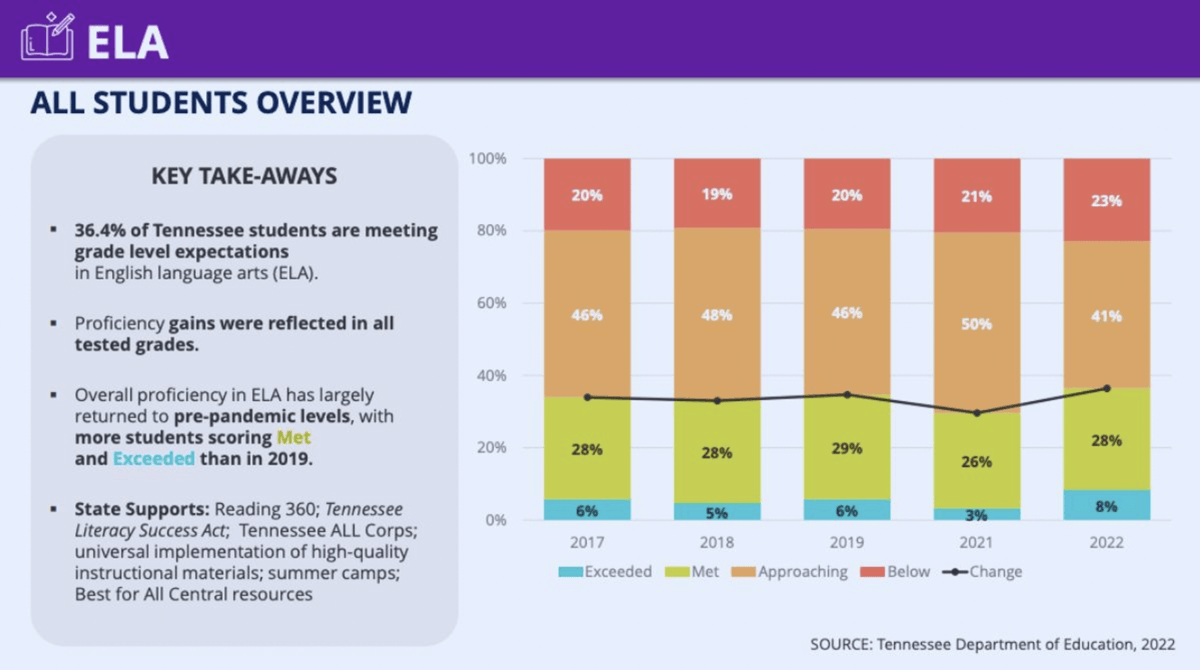Dax: Bundestag Elections And Business Indicators – A Complex Interplay

Table of Contents
The Dax Index: A Reflection of the German Economy
The Dax (Deutscher Aktienindex) is a blue-chip stock market index comprising 40 of the largest and most liquid German companies listed on the Frankfurt Stock Exchange. These companies represent a significant portion of Germany's market capitalization and cover diverse sectors, from automotive giants like Volkswagen and BMW to industrial powerhouses like Siemens and BASF. The Dax serves as a leading indicator of German economic health, reflecting investor confidence and the overall performance of the German economy. Its movements are closely watched not only within Germany but also internationally, as it's a key component of major European and global indices, influencing investment strategies worldwide.
- Definition and composition of the Dax: A capitalization-weighted index of 40 large, German companies.
- Its role as a leading indicator of German economic health: Reflects investor sentiment and the overall health of the German economy.
- Relationship to other major European and global indices: Influences and is influenced by broader European and global market trends.
- Importance for international investors: A key benchmark for investment in the German and European markets.
Bundestag Elections and Political Uncertainty
Bundestag elections introduce a significant period of political uncertainty, directly impacting investor sentiment and market volatility. The potential for policy shifts depending on the winning party or coalition significantly influences business confidence. During the election campaign and the subsequent coalition negotiations (often lengthy and complex), investors often adopt a wait-and-see approach, leading to increased market volatility. Past election cycles provide valuable insights; some have resulted in relatively smooth transitions with minimal market disruption, while others have seen more pronounced shifts in the Dax, reflecting the uncertainty surrounding the incoming government's policies.
- Political risk and its effect on market stability: Uncertainty surrounding policy changes can lead to market fluctuations.
- Potential policy changes from different political parties: Different parties have different economic agendas, impacting investor expectations.
- Analysis of past election cycles and their impact on the Dax: Historical data reveals varying responses of the Dax to different election outcomes.
- The role of coalition negotiations in shaping economic policy: The formation of a coalition government can take time and impact the speed of policy implementation.
Key Business Indicators Affected by Election Outcomes
Bundestag election outcomes significantly affect various key business indicators. Consumer confidence, a key driver of spending, can fluctuate based on perceptions of future economic stability under a new government. Similarly, industrial production and the unemployment rate are sensitive to policy decisions regarding investment incentives, fiscal policy, and labor market regulations. Government spending plans, particularly those focused on infrastructure or social programs, directly influence GDP growth. Tax policies, including corporate tax rates, also impact corporate profits and investment decisions. Analyzing these indicators before, during, and after elections provides valuable insights into the real-world impacts of political change.
- Impact on consumer spending and business investment: Policy changes influence consumer and business confidence, affecting their spending and investment decisions.
- Analysis of relevant economic data before, during, and after elections: Tracking these indicators provides crucial context for understanding the effects of political shifts.
- Government spending plans and their effect on GDP growth: Fiscal policies can stimulate or restrain economic growth.
- Tax policies and their influence on corporate profits: Tax changes directly impact corporate profitability and investment decisions.
Analyzing Specific Sectors' Vulnerability
Different sectors of the German economy exhibit varying degrees of vulnerability to shifts in political priorities following Bundestag elections. The automotive industry, for example, is highly sensitive to environmental regulations and trade policies. The technology sector's fortunes are often tied to government support for innovation and digitalization initiatives. The renewable energy sector's growth is strongly influenced by government subsidies and targets for renewable energy production. Analyzing sector-specific policy proposals of major parties, examining past election impacts on these sectors, and projecting long-term implications for sector growth and investment are all crucial aspects of understanding the post-election landscape.
- Sector-specific policy proposals of major parties: Political parties often have distinct agendas for different sectors.
- Past examples of sector-specific impacts post-election: Reviewing past election outcomes reveals the effects on various industries.
- Long-term implications for sector growth and investment: Understanding the long-term effects is vital for strategic planning.
Conclusion
The Dax’s performance is inextricably linked to the outcome of Bundestag elections and the subsequent economic policies. Political uncertainty significantly impacts investor confidence and market volatility, creating both opportunities and risks. Understanding the complex interplay between the Dax, Bundestag elections, and key business indicators – including consumer confidence, industrial production, and unemployment – is crucial for navigating the German market effectively. By closely monitoring these factors and understanding the sector-specific implications of policy shifts, investors can make more informed decisions.
Call to Action: Stay informed about upcoming Bundestag elections and their potential impact on the Dax and the German economy. Continue to monitor key business indicators to make informed investment decisions related to the Dax. Understand the intricate interplay between politics and economics to navigate the German market effectively. Learn more about the Dax and Bundestag election cycles by [link to relevant resource/further reading].

Featured Posts
-
 Hhss Controversial Choice Anti Vaccine Advocate To Examine Debunked Autism Vaccine Connection
Apr 27, 2025
Hhss Controversial Choice Anti Vaccine Advocate To Examine Debunked Autism Vaccine Connection
Apr 27, 2025 -
 Ariana Grande Lovenote Fragrance Set Online Shopping Guide And Price Check
Apr 27, 2025
Ariana Grande Lovenote Fragrance Set Online Shopping Guide And Price Check
Apr 27, 2025 -
 Wta Establece Licencia De Maternidad De Un Ano Para Sus Tenistas
Apr 27, 2025
Wta Establece Licencia De Maternidad De Un Ano Para Sus Tenistas
Apr 27, 2025 -
 Celebrity Style Evolution Ariana Grandes Professional Hair And Tattoo Makeover
Apr 27, 2025
Celebrity Style Evolution Ariana Grandes Professional Hair And Tattoo Makeover
Apr 27, 2025 -
 South Africa And Tanzania Discuss Lifting Of Farm Import Restrictions
Apr 27, 2025
South Africa And Tanzania Discuss Lifting Of Farm Import Restrictions
Apr 27, 2025
Latest Posts
-
 Covid 19 Pandemic Lab Owner Pleads Guilty To Fraudulent Testing
Apr 28, 2025
Covid 19 Pandemic Lab Owner Pleads Guilty To Fraudulent Testing
Apr 28, 2025 -
 Lab Owner Admits To Faking Covid 19 Test Results
Apr 28, 2025
Lab Owner Admits To Faking Covid 19 Test Results
Apr 28, 2025 -
 Ryujinx Emulator Project Ends After Reported Nintendo Contact
Apr 28, 2025
Ryujinx Emulator Project Ends After Reported Nintendo Contact
Apr 28, 2025 -
 Lab Owners Guilty Plea Falsified Covid Test Results During Pandemic
Apr 28, 2025
Lab Owners Guilty Plea Falsified Covid Test Results During Pandemic
Apr 28, 2025 -
 End Of Ryujinx Nintendo Contact Forces Emulator Shutdown
Apr 28, 2025
End Of Ryujinx Nintendo Contact Forces Emulator Shutdown
Apr 28, 2025
